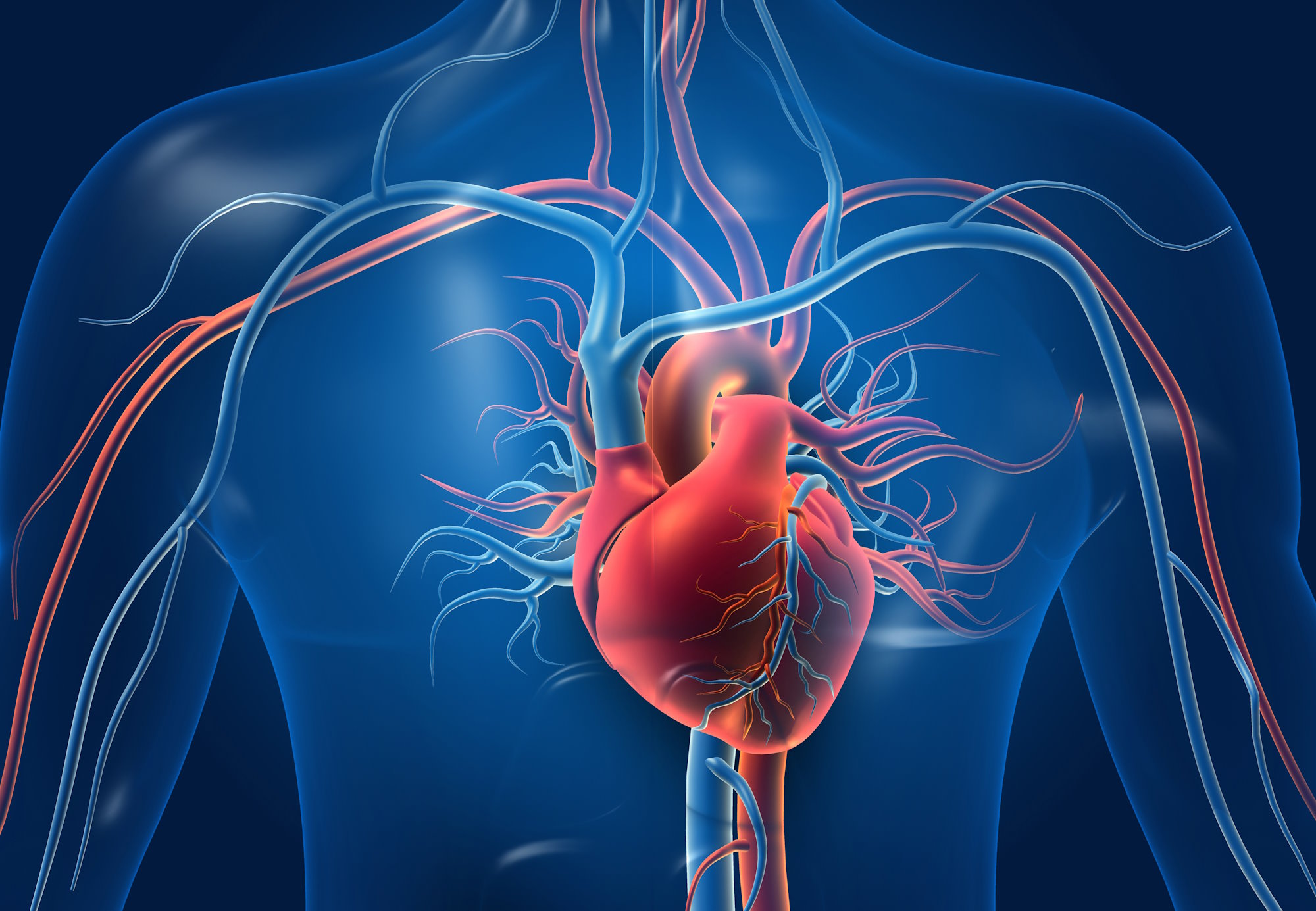
Breakthrough: Collagen Scaffold Could Help Regenerate Damaged Heart Tissue
A recently published study in ACS Applied Materials & Interfaces (DOI:10.1021/acsami.3c04245) details the development and evaluation of a bilayer collagen-on-collagen scaffold (bCS) for efficient delivery of pro-angiogenic stromal cell-derived factor 1 (SDF-1) into ischemic heart tissue.
Researchers designed and built a bilayer collagen-on-collagen scaffold (bCS) by physically coupling a collagen hydrogel loaded with SDF1 to a compact collagen membrane. This innovative design offered necessary suture strength for surgical implantation and demonstrated suitable physicochemical properties for efficiently delivering post-myocardial infarction (post-MI) therapeutic growth factors.
The bilayer collagen-on-collagen scaffold (bCS) demonstrated sustained release of SDF1 without inducing cytotoxicity in relevant cell cultures, ensuring safe and effective therapeutic delivery. In addition, the researchers proved the efficacy in rat subacute MI model. All the results proved that the full integration of the scaffold into the heart post-implantation exhibited biocompatibility with the surrounding tissue. The performed tests revealed the prevalence of anti-inflammatory and pro-angiogenic macrophages, indicative of tissue repair processes induced by the scaffold. After 60 days of study, signs of new blood vessel formation and improved cardiac function were observed, indicating the therapeutic potential of the biocompatible scaffold to promote functional recovery post-MI.
The findings of the study highlight the potential of the novel bilayer collagen-on-collagen scaffold as a versatile matrix for drug delivery and scaffolding purposes in the treatment of ischemic heart disease. By providing a platform for sustained therapeutic growth factor release and facilitating tissue integration and repair, this innovative approach is promising to improve clinical outcomes and promote functional recovery following myocardial infarction.
In conclusion, the development of this collagen-based scaffold represents a significant improvement in cardiac tissue engineering and regenerative medicine. Further research and clinical trials are warranted to validate its efficacy and safety in human subjects, potentially revolutionizing treatment strategies for ischemic heart disease globally.
Author: Juan Manuel Uribe-Gomez, Bohara Raghvendra
Links
https://pubs.acs.org/doi/10.1021/acsami.3c04245
Keywords
Collagen scaffold, SDF1, Myocardial infarction, Biocompatibility, Angiogenesis, Drug delivery, cardiac tissue engineering